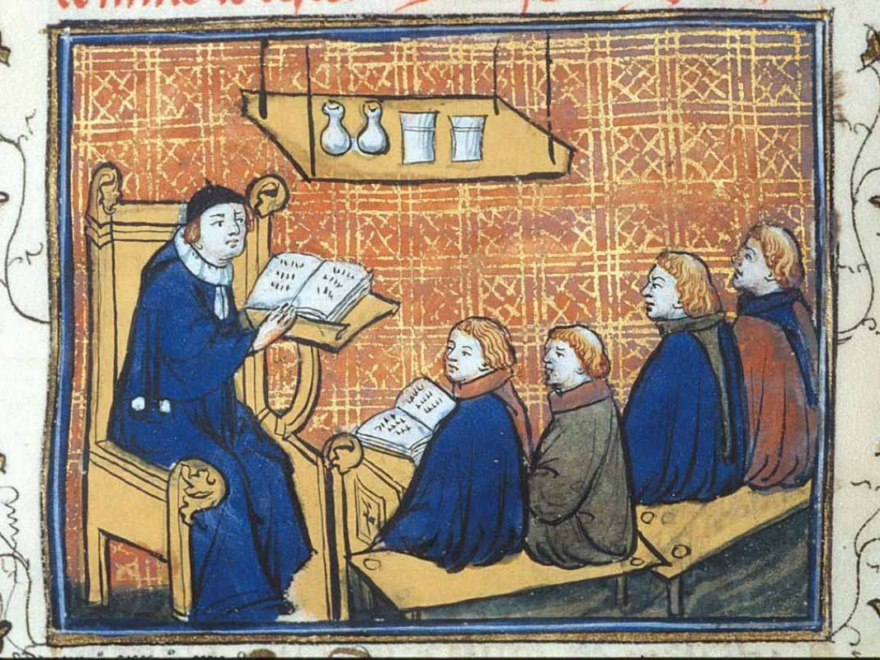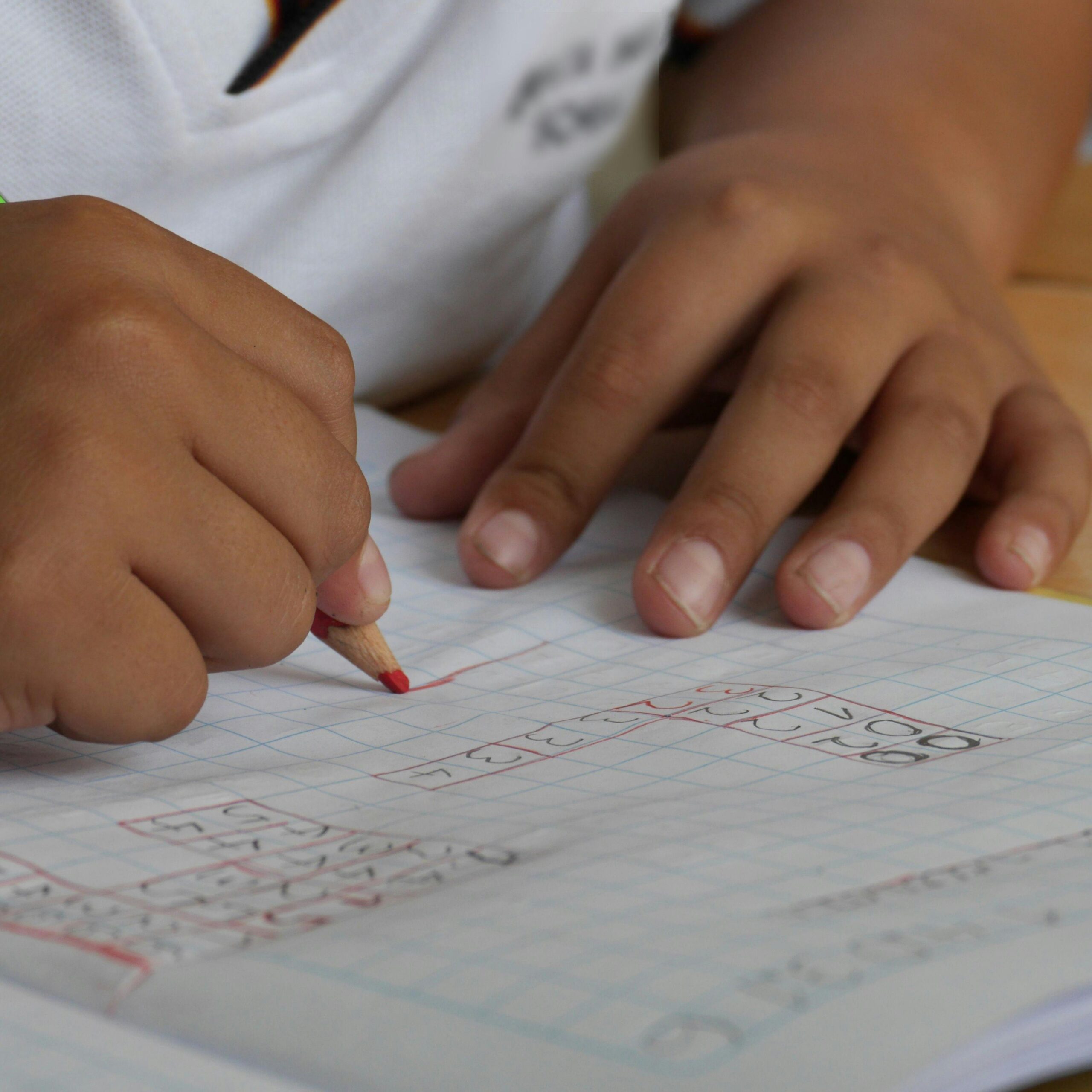Author: Patrick Egan
-

The Personhood of the Child: Book Review of Deani Van Pelt and Jen Spencer’s Students as Persons
In this series, I want to review and highlight the Charlotte Mason Centenary Series of monographs released in 2023. The 18 books in this series are brief and readable volumes that encapsulate a diverse range of topics related to the life, writings and philosophy of Charlotte Mason. My intention is to select a few of…
-

The Study of Nature: Book Review of Lois Mansfield’s Field Notebooks and Natural History Journals
In this series, I want to review and highlight the Charlotte Mason Centenary Series of monographs released in 2023. The 18 books in this series are brief and readable volumes that encapsulate a diverse range of topics related to the life, writings and philosophy of Charlotte Mason. My intention is to select a few of…
-

The Great Recognition: Book Review of Deani Van Pelt and Camille Malucci’s Charlotte Mason’s Great Recognition
In this series, I want to review and highlight the Charlotte Mason Centenary Series of monographs released in 2023. The 18 books in this series are brief and readable volumes that encapsulate a diverse range of topics related to the life, writings and philosophy of Charlotte Mason. My intention is to select a few of…
-

A Coherent and Holistic Education: Book Review of Elaine Cooper’s The Powerful and Neglected Voice of Charlotte Mason
In this series, I want to review and highlight the Charlotte Mason Centenary Series of monographs released in 2023. The 18 books in this series are brief and readable volumes that encapsulate a diverse range of topics related to the life, writings and philosophy of Charlotte Mason. My intention is to select a few of…
-

Charlotte Mason on Thanksgiving
The tradition of a Thanksgiving holiday has a rich history in Christianity that predates the holiday as it has developed in America. In fact, numerous countries across the world celebrate some form of thanksgiving as a national holiday. The idea of thanksgiving or gratitude stems from a prominent biblical theme, one which calls the Christian…
-

College-bound Superstars: How Classical School Students Can Cultivate Interesting Lives
Student at classical Christian schools are already on their life journey. The temptation is to think that life only begins once the student goes off to college or enters their career. A student in sixth grade feels like college is so far off that it’s not even worth talking about college. While it is true…
-

Are You Ready to Become a Phone-free School?
The latest catchphrase sweeping the nation is “phone-free school.” In an age where smartphones have become ubiquitous, more and more schools are adopting policies to remove phones from the hands of students. In this article, we will look at the reasons behind this move to create distraction-free environments. Even though many classical schools are already…
-

The Narration-based Science Lesson
The method of narration articulated by Charlotte Mason is a powerful tool that involves children retelling what they have learned in their own words. Students tell back the content of what they have read, seen or heard. This actively engages their minds in the process of assimilating knowledge, making connections and cultivating language skills. Narration…
-

Wisdom from the Heights of the Mountain Top: Inspiration from Thomas Aquinas
Onlookers viewing the reconstruction of the Cathedral of Notre Dame in Paris might experience something similar to what onlookers in the 1200s had when the original construction of Notre Dame was still underway. Having begun in 1163, it was not completed until 1345. The site of its construction rests upon an island in the middle…

